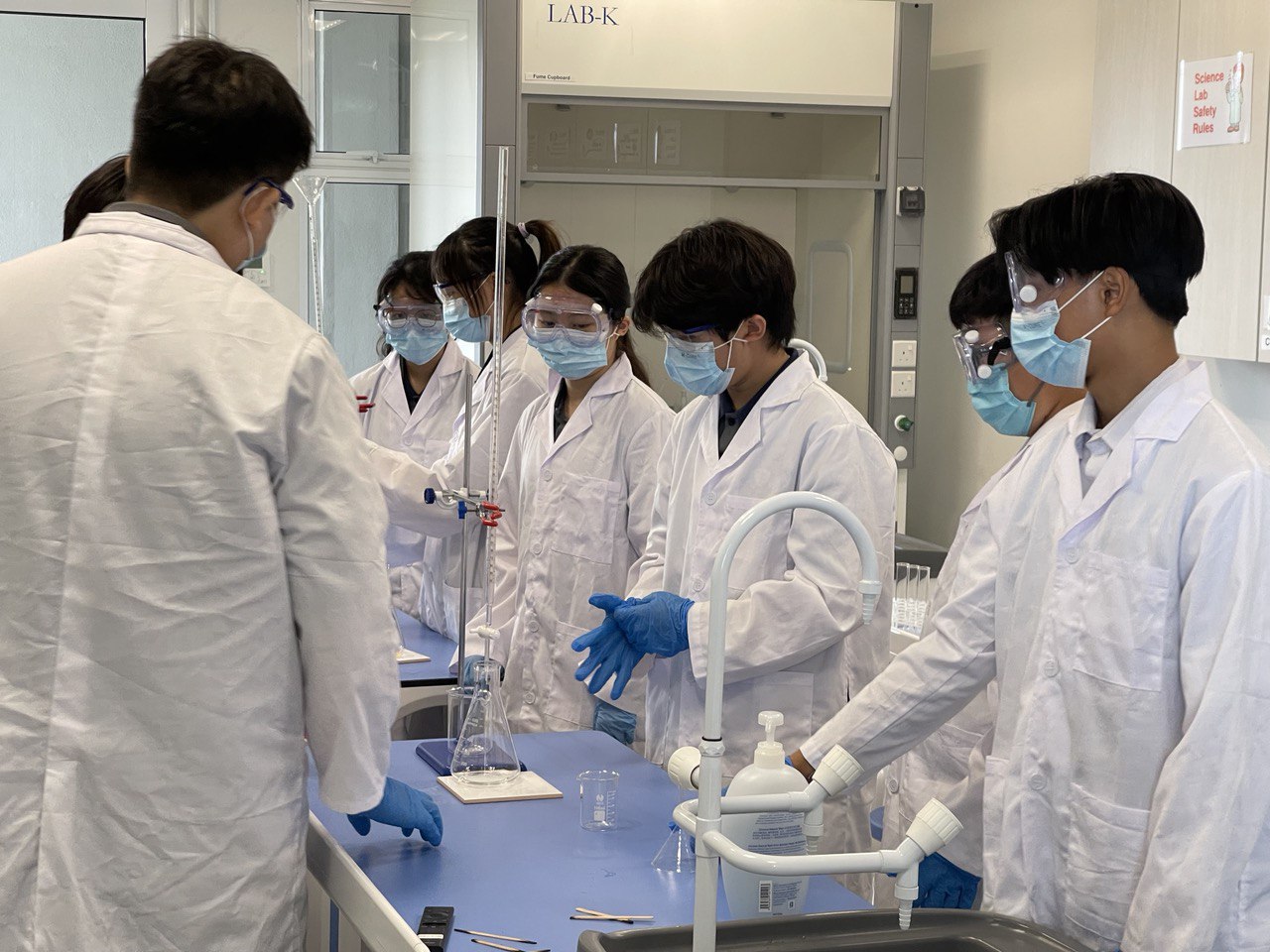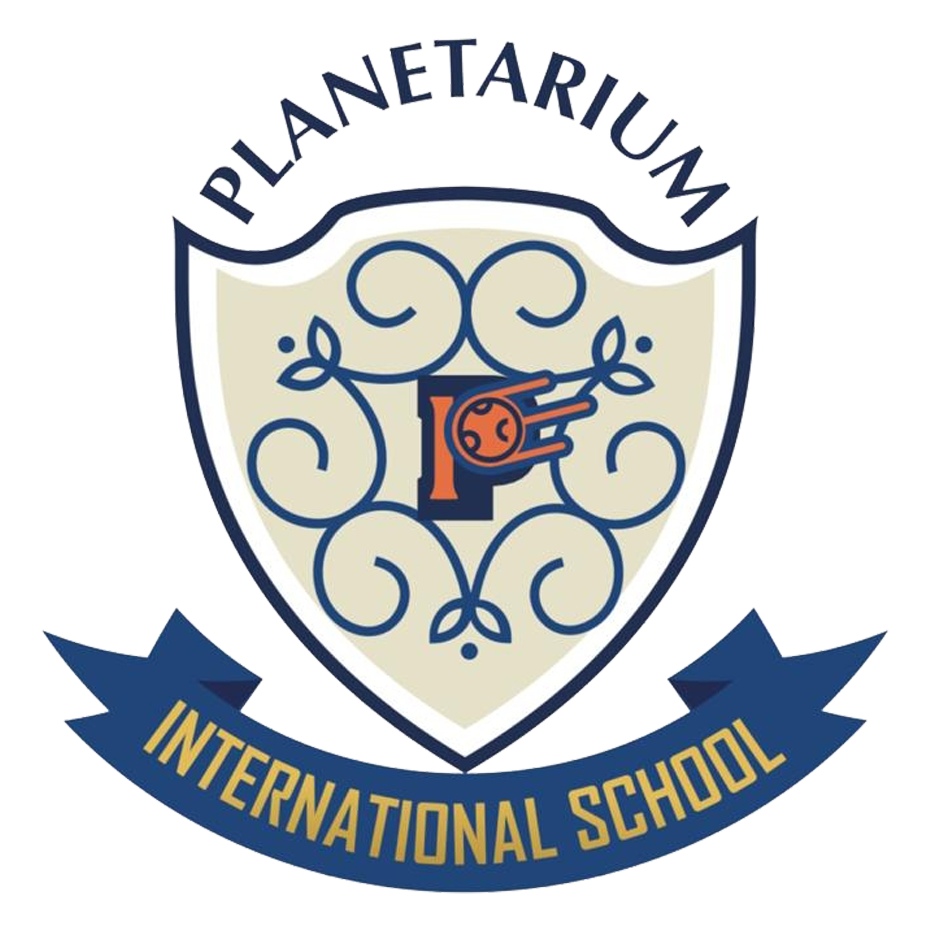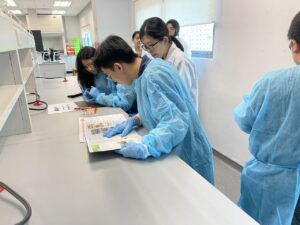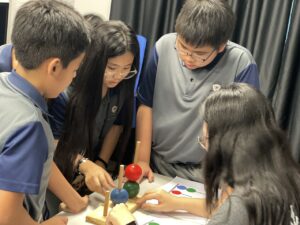Beyond the classroom:
Nurturing The Whole Child
At PISM, our academic programme is designed to nurture intellectual curiosity, critical thinking, and a lifelong love for learning, ensuring that each student receives a holistic education tailored to their individual strengths and aspirations. Students who enrol into PISM will be offered a suite of Cambridge subjects that focus on CLIMATES (Communication, Languages, Innovation, Mathematics, Arts, Technology, Engineering, and Science), thus preparing them for future challenges. Our co-curriculum activities (CCA) permit students to select activities that best suit their interests, allowing them to unleash their hidden potential to the fullest. PISM’s dedicated team of experienced educators employ innovative teaching methods and continuous assessments to support academic excellence while fostering creativity, resilience, and character development. Through a supportive and inclusive learning environment, we aim to equip your child with the knowledge, skills, and values needed to thrive in an ever-changing global society.

About PISM’s Secondary Education
PISM offers a myriad of subjects that enhance both personal and academic growth throughout the secondary years. As the subjects are a continuation of the primary education, our secondary curriculum forms a seamless transition from primary to secondary, providing a more wholesome and meaningful learning experience to students.
Key Highlights:
- Cambridge International Education (CIE) offers a clear path for education success
- Supportive learning environment that encourages independence and responsibility
- Exposure to global perspectives and real-world applications
- Preparation for the IGCSE through scaffold learning to support students
- Strong foundation for education beyond secondary level
This programme empowers students to become confident, adaptable, and globally-minded individuals.
Learning Beyond the Classroom
We offer enriching annual field trips that extend learning into real-world environments. These experiences support inquiry-based learning, foster teamwork, and give students memorable, hands-on exposure to the world around them.
Year 7 to Year 9 Subjects Offered
Students in Year 7, Year 8 and Year 9 will study both core and non-core subjects that we offer. At the end of Year 9, they are expected to take the Checkpoint examination.
Core Subjects
| Subjects |
|---|
English (First Language) |
Mathematics |
Science |
Mandarin as a Foreign Language |
Non-core subjects
| Subjects |
|---|
Malay Language |
Mandarin Language |
Visual Arts |
Performing Arts |
Physical Education |
Computing |
Wellbeing |
Islamic Studies |
Money Matters |
History |
Geography |
About Checkpoint
The Cambridge Lower Secondary Checkpoint exams are designed for Year 9 students to assess their skills, knowledge, and understanding at the end of the lower secondary programme. Here’s what you need to know:
Subject Assessed
PISM students take Checkpoint exams in:
- English (First Language)
- Mathematics
- Science (Biology, Chemistry, and Physics)
The Purpose Of Checkpoint
The Cambridge Lower Secondary Checkpoint assessments serve several key purposes:
- Benchmarking Performance:
They provide an international benchmark for students’ abilities in English, Mathematics, and Science, helping schools assess learning progress. - Identifying Strengths and Weaknesses:
The exams help students, teachers, and parents understand areas of strength and improvement, allowing for targeted learning strategies. - Preparation for Future Studies:
They act as a stepping stone for IGCSE and other advanced qualifications, ensuring students are ready for the next stage of their education. - School-Level Insights:
Schools use the results to monitor group and individual performance, compare students across different years, and refine teaching methods.
Common Misconceptions About Checkpoint
There are a few common misconceptions about the Cambridge Lower Secondary Checkpoint assessments:
- They Determine a Student’s Future:
Some believe that Checkpoint results directly impact a student’s ability to progress to IGCSE or other qualifications. In reality, they are diagnostic tests meant to assess strengths and weaknesses, not gatekeepers to future studies. - They Are Pass/Fail Exams:
Unlike traditional exams, Checkpoint assessments do not have a pass or fail outcome. Instead, they provide performance bands that indicate a student’s level of understanding.
Checkpoint examinations are marked externally by Cambridge examiners, and students will receive a score from 0 to 50 that are categorised into bands.
| Cambridge Checkpoint Score | Performance band |
|---|---|
0 | Unclassified |
1 to 10 | Basic |
11 to 20 | Aspiring |
21 to 30 | Good |
31 to 40 | High |
41 to 50 | Outstanding |
Year 10 and 11 - IGCSE Subjects Offered
Students in Year 10 and Year 11 will take the IGCSE examinations at the end of Year 11. In this two-year programme, students are equipped with knowledge and skills to help them achieve excellence in every subject.
Route Selection
At PISM, students choose either the Sciences or the Humanities route. They are also required to select seven subjects to have a full IGCSE programme. The following subjects are offered:
Compulsory Subjects
For both Sciences and Humanities routes, students are required to take these subjects:
| Subjects |
|---|
First Language English |
Mathematics |
Foreign Language Malay |
Electives
In addition to the mandatory subjects, students are also required to choose three more subjects from the electives list and/or the options list below. A combination of both routes is possible:
| Sciences | Humanities |
|---|---|
Biology (0610) | Accounting |
Chemistry (0620) | Business Studies |
Physics (0625) | Economics |
8 Subject Route: Mandarin as a Foreign Language (2 periods per week) can be taken in combination with Foreign language Malay (3 periods per week), as both IGCSE subjects start at Y9.
Mandarin as a Foreign Language (0546) |
Options: Choose only one option. These subjects are offered only if a minimum of 3 students register for the subject:
Additional Mathematics (0606) | ICT (0417) | Physical Education (0413) |
Students are not allowed to drop any subject, or sit for the examination earlier.






